Şirnex: The Democratic Struggle to Preserve the Heart of Botan
By The Kurdish Center for Studies
The defiant city of Şirnex (Şırnak) in occupied Northern Kurdistan (southeast Turkey) has always been a thorn in the side of the Turkish Republic and their desire to assimilate the Kurdish people. Figuratively, if Dersim (Tunceli) is the ‘brain’, and Amed (Diyarbakır) is the ‘body’, then Şirnex would be the ‘heart’ of Bakur. Taking its name from “Şehr-i Nuh” (City of Noah), because of its proximity to Mount Judi (Çiyayê Cûdî)—where it is believed Noah’s Ark landed after the Great Flood—the area holds a deep symbolic value within the Kurdish psyche.
Consequently, the Kurdish-majority city and province in the center of Kurdistan’s historical Botan have been a literal battleground for decades, the epicenter of the Kurd’s quest to secure their human rights under a Turkish state that was pathologically hell-bent on stamping out any spirit of existence or resistance. As a result, Turkey has attempted to pacify and control Şirnex through a series of brutal militarized occupations, periodically burning down or destroying the city when such methods proved unsuccessful.
One of the first examples of this practice came in August of 1992, when the Turkish military forced 80% of the city to flee, as they bombarded the town with tanks and cannons for three straight days. Once Şirnex was depopulated as its civilians fled to safety, and with journalists barred from entering the area to report on the war crimes taking place there, the Turkish Army burned down the city center. Later on, the Turkish military would refer to this event as a “battle”, despite the fact that they murdered 107 people without suffering any casualties and looted the area before turning it into ashes. Following the destruction, one Kurdish resident of Şirnex told The New York Times: “Some of us used to think that if we had equal rights, we could live with the Turks. But not many people think like this anymore.”
Showing that Kurds would defend themselves, in 2007, the surrounding Gabar Mountains in the Şirnex province were the sight of a large successful ambush carried out by 200 Kurdish guerrillas of the PKK (Kurdistan Workers’ Party) against a Turkish commando unit that had been terrorizing the area. For an idea of what Turkey’s “Hakkari Commandos” are like, consider the fact that one of their favorite past times has been cutting the ears off of dead Kurdish villagers and guerrillas and soaking them in Coca-Cola so they could proudly wear them as necklaces (as documented by Nadire Mater). But beyond self-defense, the sophisticated attack reminded the Turkish state that despite burning down over 4,000 Kurdish villages, arresting and torturing thousands of Kurdish activists, and executing hundreds of Kurdish journalists with JİTEM death squads, the spirit of rebellion was still alive around Şirnex.
Refusing to Submit Amid Ruins
Looking to put an end to the city as ground zero for the Kurdistan freedom movement once and for all, in March of 2016, the Turkish military launched a massive assault on Şirnex for 82 straight days. Although Kurdish youth from the Patriotic Revolutionary Youth Movement (YDG-H) tried to defend the city, they were no match for Turkey’s NATO-supplied weaponry or tactics of indiscriminately destroying all civilian areas in their path. At the end, 14,727 houses were damaged, and 2,044 homes were fully destroyed, as the neighborhoods of Gazipaşa, Yeşilyurt, İsmetpaşa, Dicle, Cumhuriyet, and Bahçelievler were razed into rubble, leaving over 50,000 Şirnexî Kurds homeless. In summarizing the carnage, Mehmet Ali Aslan, a lawmaker with the Peoples’ Democratic Party (HDP), told an investigatory committee:
“If I didn’t know I was in Sirnak, I would assume I was in Aleppo or a city in the West Bank. If a city was destroyed like this in another country, the media would broadcast that, but in Turkey, crippled by disinformation, they don’t.”
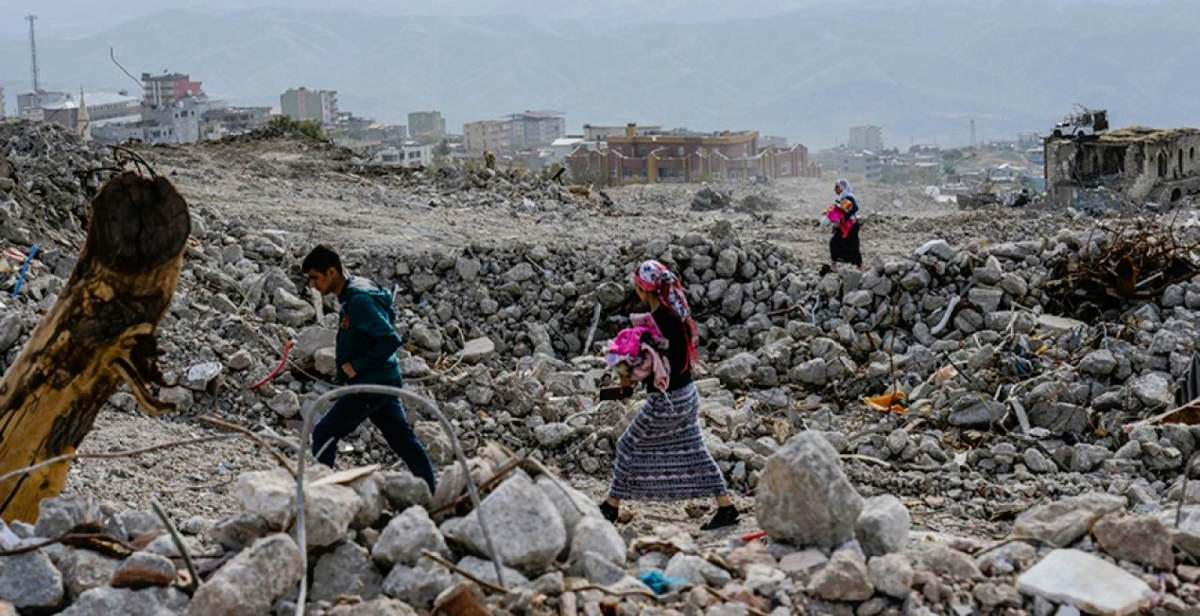
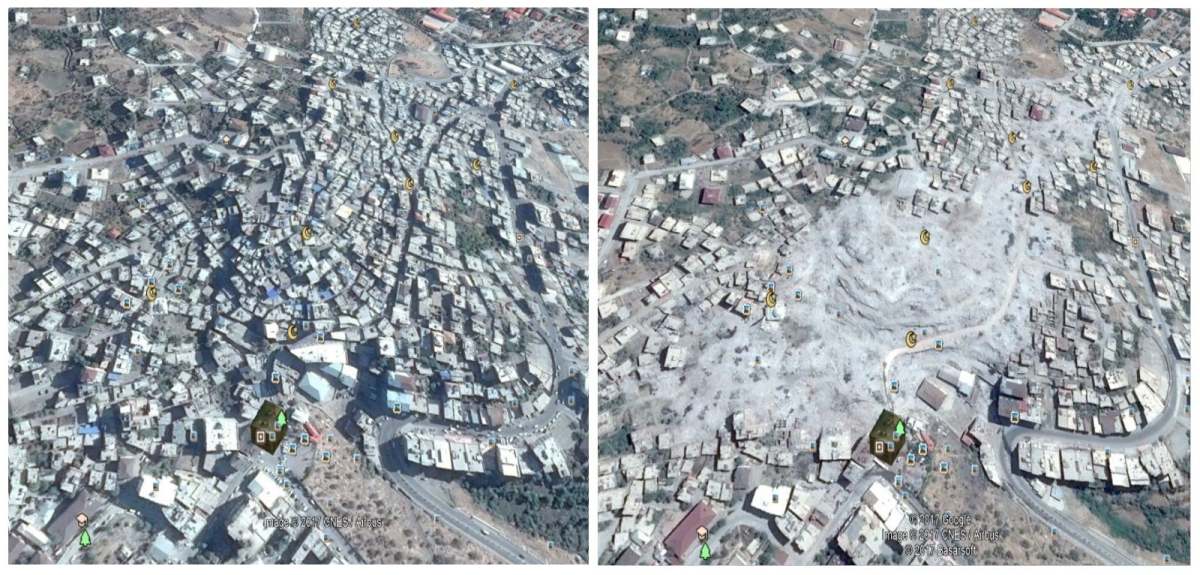
The goals of the Turkish state, as the local MP Aycan Irmez described them at the time, were to “depopulate this area, change the demographics, and assimilate the people.” But this province of a half million Kurds and city of around 75,000 have continually proven themselves to be a persistent phoenix, rising from the ashes and refusing to submit to a Turkish ultranationalism that sees their continued survival as an existential threat to the collective derangement which states, “How happy is the one who says I am a Turk” (Ne mutlu Türküm diyene).
Frustrated with Şirnex’s revolutionary nature, Turkey’s regimes over the years have tried a series of tactics. When destroying the city failed, they tried economic deprivation in the hopes that a lack of jobs would force Kurds from the area to migrate west to cities like Istanbul. As a result, Şirnex is the poorest province in all of Turkey based on per capita income (around $700 US dollars a year), which is similar to the most undeveloped sub-Saharan African countries.
To Win the Vote, Import Your Voters
All of this brings us to the present day in 2024, when during the local elections in Turkey on March 31st, Erdoğan’s regime decided to try a new tactic to take control over Şirnex through manipulating the vote. Because his Justice and Development Party (AKP) knew they could not win electorally in the Kurdish province, where the vast majority of people were going to vote for the Peoples’ Equality and Democracy Party (DEM), they devised a scheme to import their own voters from the Turkish military to tilt the balance in their favor. This strategy was necessary because local Kurds were part of the vote-counting process and watching the ballots after they were turned in, so the typical process of “stuffing” the ballot box with fake votes that dictators prefer would not suffice.
However, it is hard to hide thousands of young, single, clean-shaven men with military haircuts all showing up at the same time on organized buses to the polling stations. However, in this case, Ankara did not even care and blatantly carried out their plan in the open anyway. Predictably, on March 31st, as these 8,000 Turkish soldiers began being dropped off in mass at polling places throughout Şirnex, local Kurds grew angry at the obvious fraudulent attempt to erase their voice and usurp their democratic right to elect their own representatives.
In confrontational exchanges that soon began appearing on social media, Kurdish people from Şirnex began angrily shouting at these young soldiers, who hung their heads and refused to respond (as if they knew they were pawns in a larger shameful game). One video that went viral shows an elderly Kurdish man challenging each soldier lined up to vote, demanding: “Where are you from? Speak up! Say it! Where have you come from?” Other Kurdish locals in the same video can be heard shouting: “Shame on you, you are here for one day!”, “You are slaves!”, “You have no honor! You have no dignity!”, and “Thieves!”
In another video, Şirnex MP Mehmet Zeki İrmez is seen addressing the long queue of young conscripted Turkish soldiers who were attempting to hide their faces out of embarrassment or guilt. İrmez described his frustration, stating:
“This is a usurpation of the people’s will. Transporting 8,000 individuals here to determine the outcome of our election is unacceptable. This cannot be accepted. Whatever the people’s will gives, we are content with it, but we do not accept determining the will of the people with transported voters.”
Turkish riot police with shields were soon brought in to help guard these literal ‘foot soldiers’ of Ankara, who were flown and bused in to usurp the local populace. As events unfolded that day, Bêrîvan Kutlu, the DEM Party mayoralty candidate for Şirnex, spoke to Rudaw, recalling:
“As you can see here, they [the state authorities] have brought 6,000 voters, all military members here from elsewhere. The people of Sirnak do not accept this violation against their will, so they are protesting against the move. The voters they have brought here are not from the Kurdish cities. They are from the Turkish metropolitan cities.”
An Eyewitness from the Crime Scene
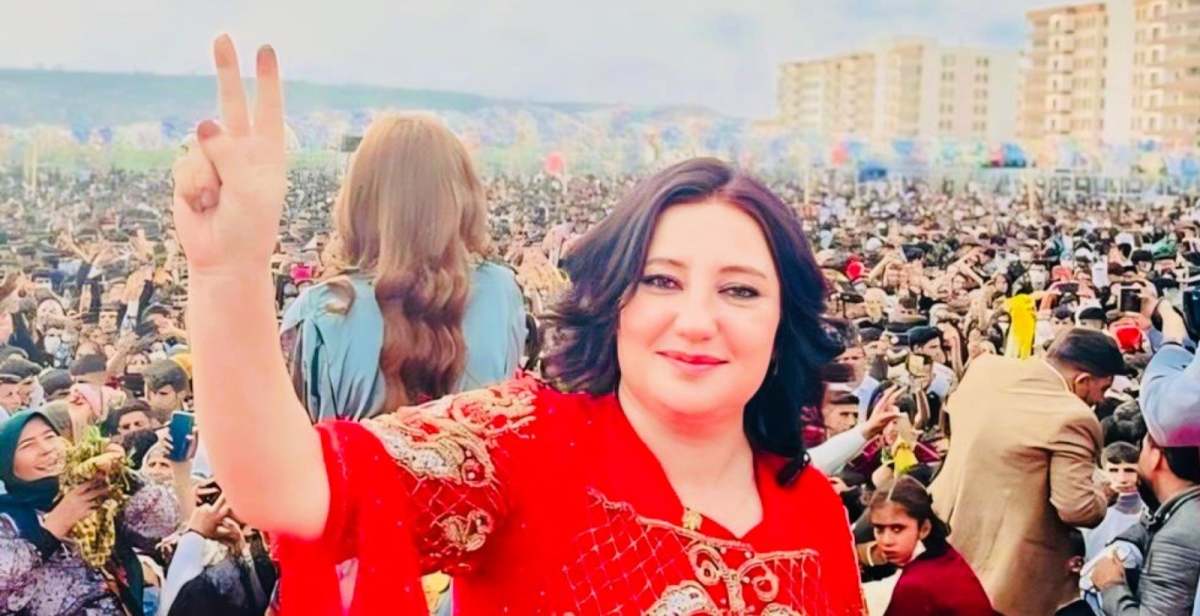
And since Bêrîvan Kutlu had a front-row seat to how Erdoğan’s party stole the election in Şirnex, she was soon interviewed by journalist Fatoş Demirtaş for the e-magazine Infowelat.com. That full interview (translated into English) is included here so that Kutlu’s words can be preserved as a testament to what occurred.
Q: In your interview with Infowelat from before the elections, you said, ‘If the Kurdish people unite their voices, then the votes imported from outside Şirnex won’t have an impact.’ Unfortunately, the state’s plan succeeded once again, and the AKP took control of the municipality of Şirnex. How would you describe the situation that emerged?
A: The situation in Şirnex is unlike any other. During the preparations of the election, a large contingent of soldiers was deployed to Şirnex. We promptly lodged our objections, but they were dismissed, and the occurrence was outright denied. It was the first time they imported votes from outside the city for the main elections. Before the municipal elections started, AKP nominee Mehmet Yarka met with Ibrahim Halil, the AKP chief in Şirnex, and openly stated, ‘If we don’t receive votes from outside the city, we won’t win the municipality. That’s why I won’t accept my nomination.’
During their meeting, they decided to transport ballot boxes filled with votes from outside Şirnex. This was the first time the term “Vote Boxes” emerged, causing a public outcry. Their ploy was uncovered in the making and challenged by our friends. That was how the AKP planned to do it initially. However, they soon realized that even with these ballot boxes, they couldn’t manipulate the election outcome sufficiently. So, they devised another scheme that would affect thousands of our students studying in universities outside Şirnex. They arranged for their exams to be scheduled precisely the day after the elections, effectively preventing them from returning home to vote. Furthermore, many students reported receiving threats and warnings to discourage them from leaving and casting their votes.
We had another issue with getting voting permissions for thousands of our workers, who were out of town. So that they could return to Şirnex and cast their votes, we reached out to their employers, but our efforts weren’t enough to achieve strong participation. Around 1,500 workers ended up not voting. Together with the students, about 3,000 couldn’t make it to the polls and cast their vote.
We must understand that the people of Şirnex were determined to regain control of their municipality, and they made efforts accordingly. The state noticed this and therefore employed various schemes to obstruct their will. For example, whenever I visited a family, shortly after, the AKP governor and Şirnex nominee Mehmet Yarka would specifically visit the same homes. Yet, none of these schemes and efforts to sabotage democratic participation were enough for the state. They even brought in thousands of soldiers into Şirnex to cast their votes. On election day, we visited one of the schools ourselves and witnessed firsthand that 6,000 soldiers were stationed there alone.
Everything was done very openly, and they blatantly violated the will of the people of Şirnex for all to see. There wasn’t a single civilian in that school. They claimed they brought these soldiers for security, but they were all wearing tracksuits. They brought those soldiers from Bursa, Konya, Manisa, and Bolu. Why would these soldiers from elsewhere be tasked with protecting Şirnex? Clearly, this excuse had nothing to do with the truth. To cover up the theft, they allocated 20 votes to the CHP for each ballot box in that school. The only votes we received were from our members who were monitoring the ballot boxes. So, in that school, we only got 3–4 votes.
We expressed our outrage at this situation, but our problem was that our reactions weren’t enough to incite an uprising. We shouldn’t have allowed the soldiers to cast their votes in that school. The police’s response to our reactions would have been particularly interesting in that scenario. The police chief told us, ‘You’re in the right, but don’t be the cause of any issues on election day.’ He even said, ‘We’ll assist you with legal measures.’ Since everything was so overtly done, we told them, ‘If you’re already openly violating our will like this, then just go ahead and kill us already.
The governor, district governor, army, and all official institutions collaborated to ensure the AKP’s success. In essence, they viewed the situation as our competition against the state in the elections. As the branch of the DEM party in Şirnex, we didn’t enter into an electoral contest with a political party, but rather with the state itself.
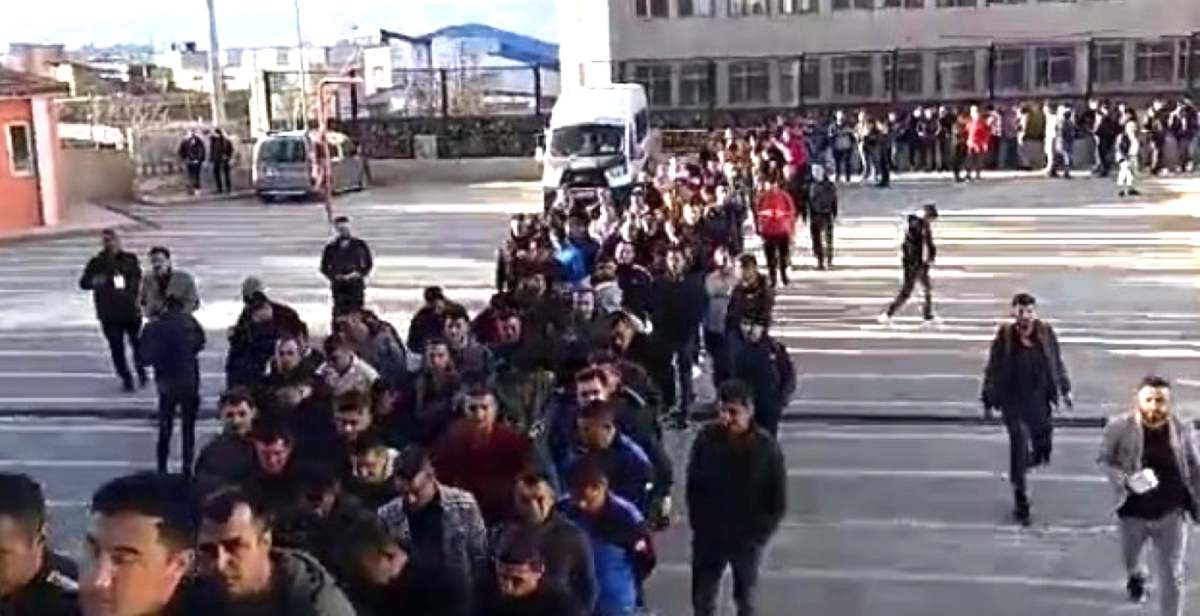
Q: Why is the state so obsessed with gaining control of Şirnex at any cost and under every circumstance?
A: All of this raises the question of why the state is so obsessed on gaining control of Şirnex at any cost. Şirnex is a city of great importance to the Kurdish people. It stands as the center of the Botan region and holds historical significance as a hub for uprisings. There are few cities left in Kurdistan, like Şirnex, where the Kurdish identity remains unassimilated and preserved. Once the state gains political control over Şirnex, it can deal significant blows to efforts aimed at preserving the ethnic and political identity of Kurds. The state’s success in Şirnex could jeopardize Kurdish aspirations for freedom and bolster state propaganda against us.
Another factor is the region’s natural resources, particularly the presence of oil in Gabar. The AKP circle and parliamentarians in Şirnex are known to receive a share of the revenues from this oil. This adds to the reasons why, alongside the state, the AKP municipal team is so personally fixated on controlling Şirnex. It has always been their policy to impoverish the inhabitants of Şirnex as much as possible and profit from their resources.
But all in all, we can say that the AKP couldn’t gain significant foothold in Şirnex. They received 18,000 votes in Şirnex, of which reportedly 8,500 came solely from the ballot boxes imported to our city from the previous year’s 2023 elections. And then they got the votes that they orchestrated through the presence of thousands of military and police personnel in Şirnex. This leaves them with a maximum of 4,000 votes that they could have received in Şirnex in this election.
Q: As far as we could observe, the residents of Şirnex and members of the DEM party were actively protesting the election results. However, after a few days, the issue received less attention and now appears to have been dropped entirely from public discourse. What can you tell us about this development?
A: The situation was partly overshadowed by the simultaneous breaking news from Wan city, diverting attention from the events in Şirnex. However, it needs to be understood that we do not have a regional problem just because the political schemes of the AKP were exposed in Şirnex. From our own party’s central office to all international human rights organizations, we need to express our objection to what happened and not leave the case be.
The people of Şirnex have not rested yet, and thousands of Şirnexî youths are waiting for our party to organize them on this matter. It’s imperative that the central office of the DEM party continues to press on this issue. We have to let the world hear us saying, ‘Look at how they violated the free will of the Kurds.’ Everything was done overtly. Consider how they squeezed 600 soldiers into a single room just to register them as residents of our city. How is it possible for so many soldiers to stay in a room meant for only 3 people?
No, the people of Şirnex have not forgotten what happened here, and they have not become indifferent. Mehmet Yarkan, the AKP nominee, cannot walk down any street of Şirnex without being called a ‘Thief’ by children, youngsters, women, and all citizens. That’s why he rarely leaves his home. He has been so shamed by the inhabitants that he couldn’t even attend the funerals of his family members. We promised that he would never find peace when walking the streets of Şirnex. Moving forward, we will devise plans on how to handle situations like the current one if they arise again in the future.
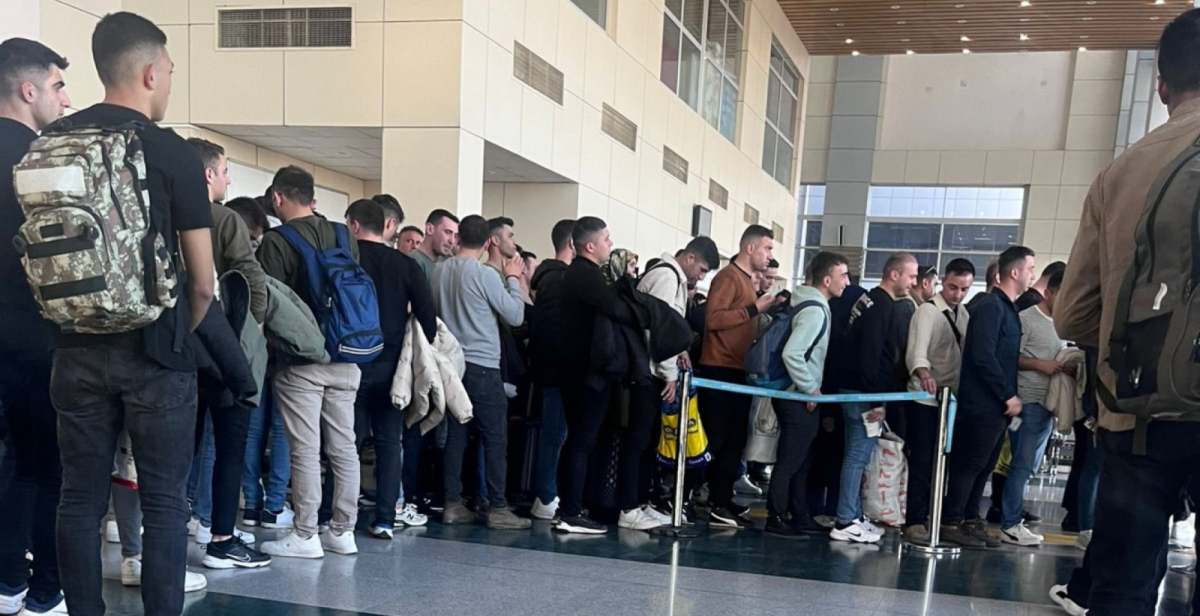
Q: What legal action has your party taken thus far regarding this political barbarity? Have organizations such as the Human Rights Organization IHD, the Şirnex Bar Association, and other organizations in Kurdistan made efforts to address the violation of the right to local governance, or have they already prepared reports?
A: The syndicates of Şirnex have issued an official statement on this matter. The Bar Association informed us that they have already prepared a report, and other civil organizations should do the same. However, even with all of these efforts, it would not be sufficient for us. Political parties in Turkey must also react to what happened here; their current stance of silence is unacceptable. We exposed the four schools where soldiers cast their votes and lodged a complaint with the public prosecutor of Şirnex. We have all the evidence needed, including details of the buses and helicopters deployed before election day.
Q: The usurpation of the municipality of a Kurdish city also presents a situation that necessitates diplomatic efforts. Does your party have any plans to raise this issue with international organizations?
A: After the elections, our party had planned to focus specifically on the situations in Şirnex and Bitlis. However, we must recognize that the attacks on us are far from normal. Recent events, such as the incidents in Wan, the crackdown on our party’s office in Batman, and the dispatching of inspectors to some of our municipalities, highlight this. We need a consistent and step-by-step diplomatic plan to effectively advocate for the Şirnex case in Turkey.
Our party’s branch in Botan will strongly urge our central office to pursue this approach. The targeting of Şirnex is an attack on Kurdistan, the Kurdish people, and all oppressed peoples. In addition to the center of Şirnex, they also usurped the municipalities of Elkê and Qilaban. With 19 municipalities in Şirnex, we won all of them in the election. If we don’t address this situation firmly now, we risk losing not only Şirnex but also other parts of Kurdistan in future elections. Therefore, we are obliged to bolster our diplomatic efforts and advocate for this matter under any circumstances.


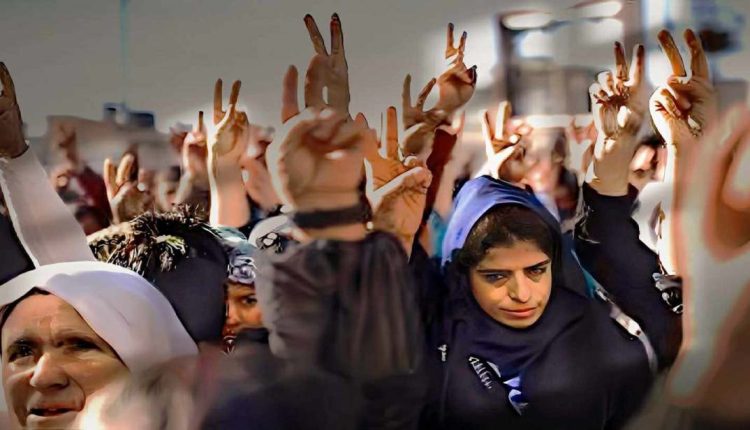
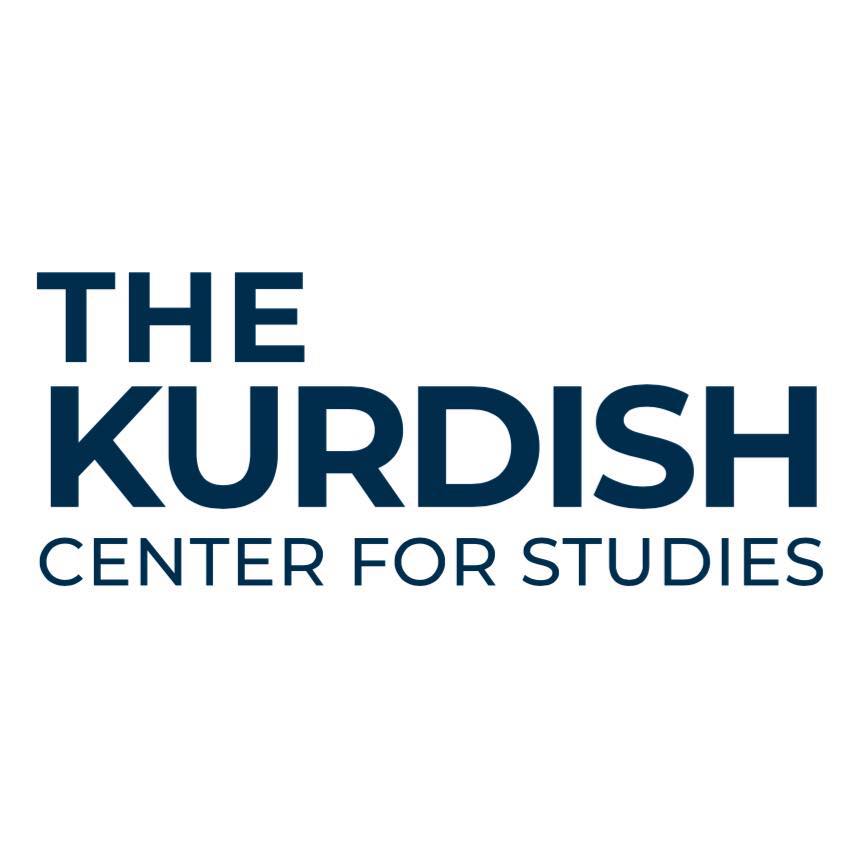
Comments are closed.